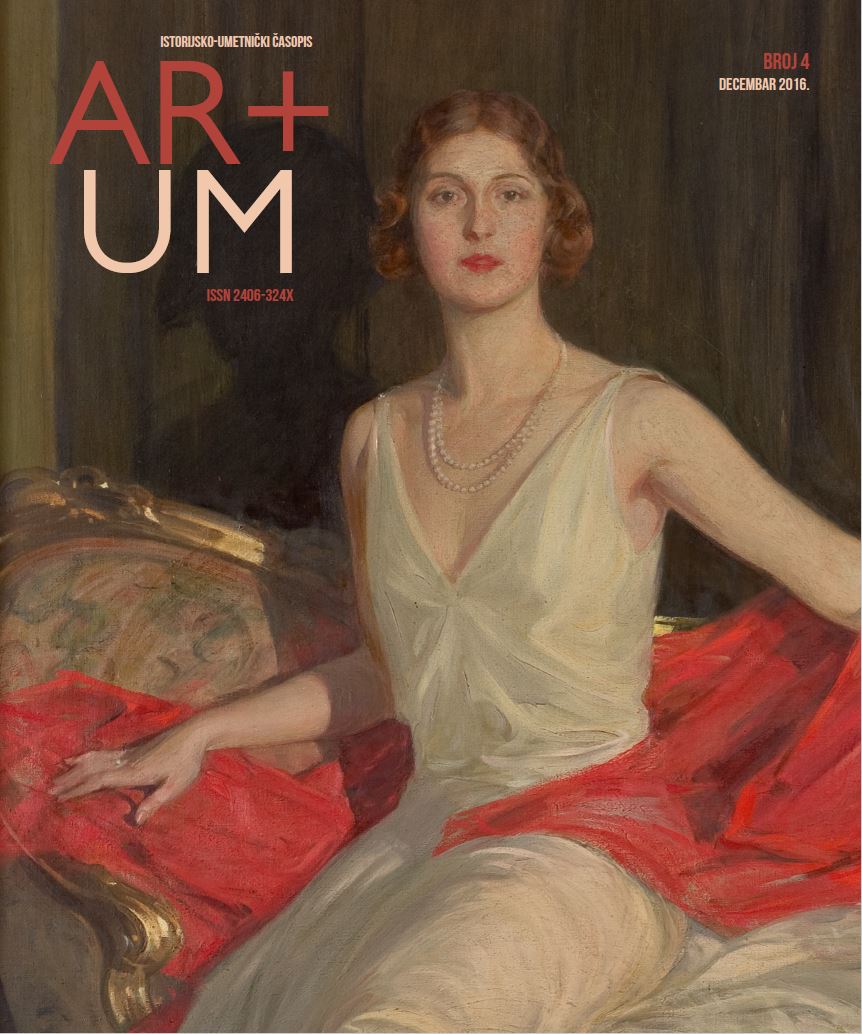Stvaralaštvo Štefana Volpea u kontekstu
ustanovljenja koncepta „izopačene“ muzike u Trećem rajhu
Stefan Wolpe’s Musical Opus in the Context of the
Establishment of “Degenerate” Music In Third Reich
Author(s): Bojana RadovanovićSubject(s): Music, Sociology of Art
Published by: Филозофски факултет, Универзитет у Београду
Summary/Abstract: The idea of perfect German art began to occur in the 19th century, with the rise of nationalistic tendencies throughout Europe. In Germany, this idea was closely linked with the idea of the new Germany, led by an Artist-Führer. Bearing in mind the significance of art in Third Reich, as well as the practice of controlling all forms of art through its totalitarian regime, and the fact that every aspect of the culture had to be in the service of national regeneration, this paper deals with overview and understanding of the concepts of “degenerate” art and music, together with examining the important characteristics of Stefan Wolpe’s life and art immediately before his migration from Nazi Germany. Besides the fact that he was of Jewish origin, Wolpe was actively advocating the politics of the leftists and communists, he was working in the politically engaged groups, and followed the trace of unwelcome and rejected Second Viennese School.
Journal: Artum - Istorijsko-umetnički časopis
- Issue Year: 4/2016
- Issue No: 4
- Page Range: 56-65
- Page Count: 10
- Language: Serbian

